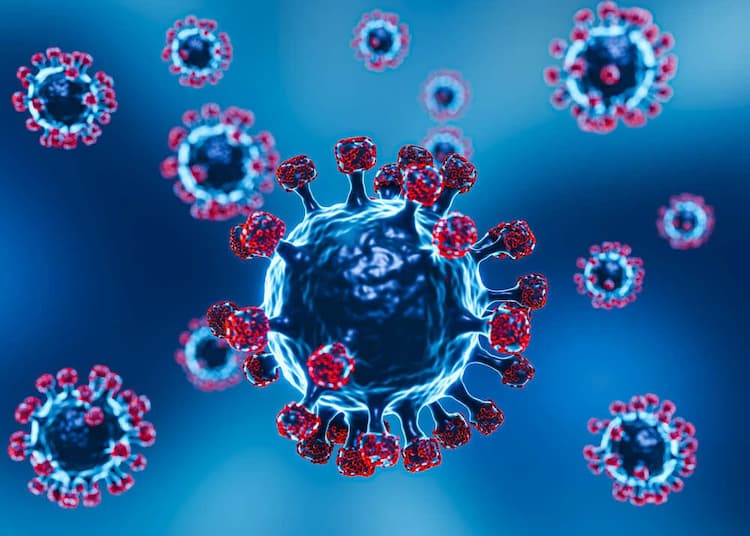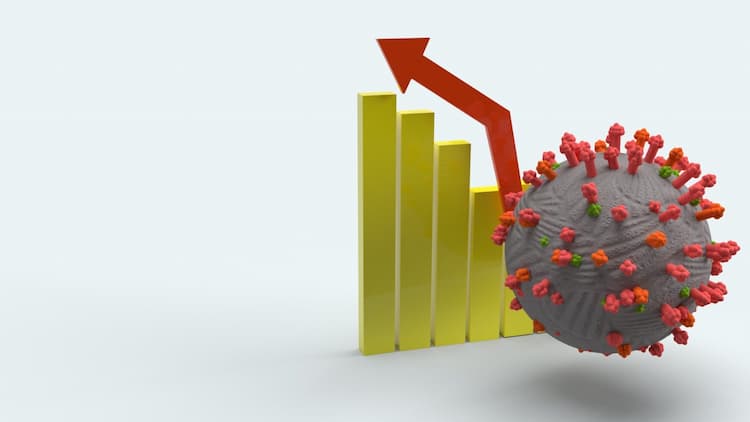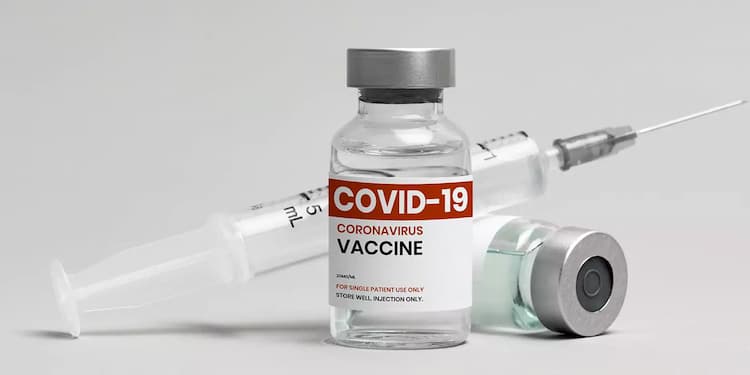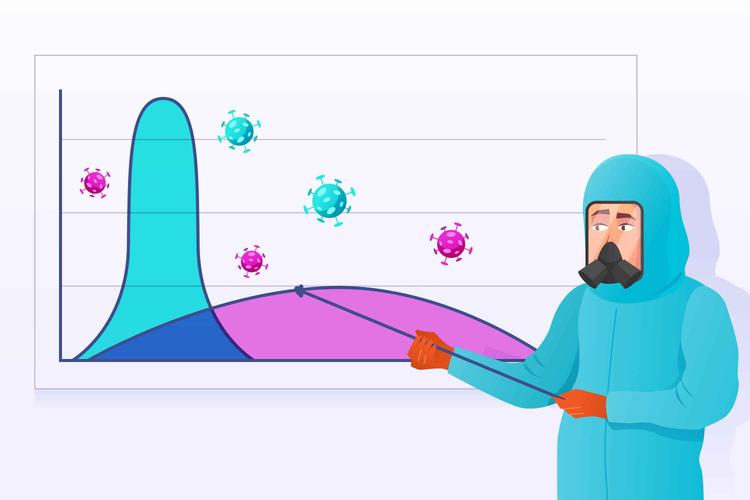All About Covid RT PCR Test?

Medically Reviewed By
Dr Divya Rohra
Written By Meenakshi
on May 10, 2022
Last Edit Made By Meenakshi
on Feb 20, 2024
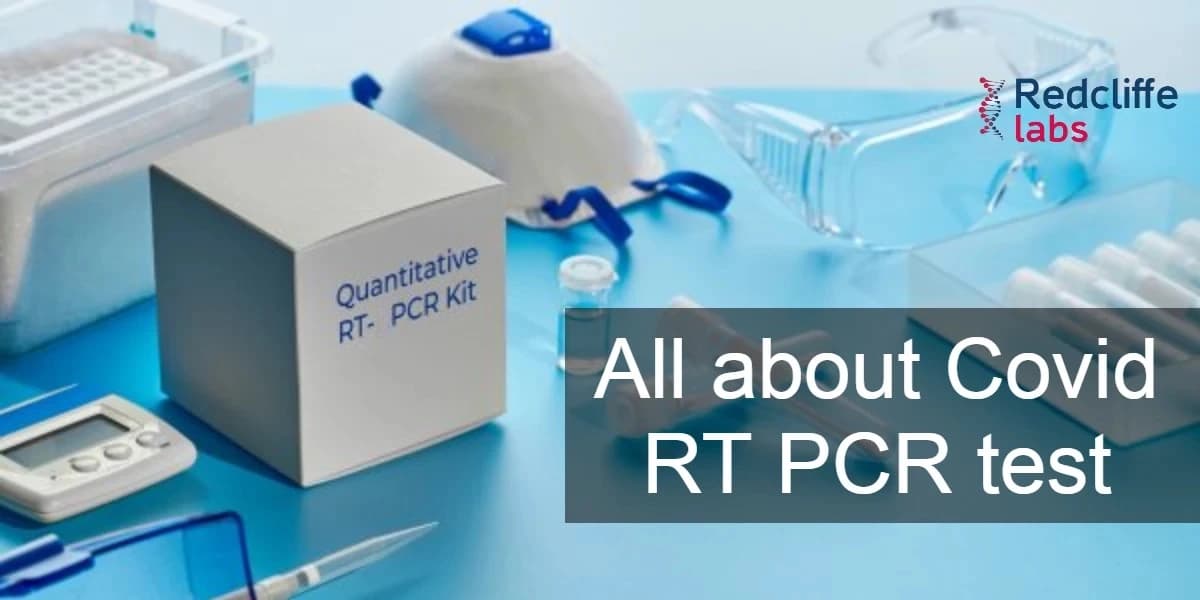
Coronavirus disease (COVID-19) is not a new term from the last two years. Its variations and the pandemic waves have been affecting life on a regular basis. Most people infected with the virus will experience mild to moderate respiratory illness and recover without any complications. Nevertheless, proper testing and treatment are necessary.
For diagnosing Covid-19, RT-PCR is one of the most accurate methods currently being used. As well as these tests, there are other methods for detecting the presence of the virus in an individual. Thus, the number of people being tested for the novel disease is growing as more people become infected with it.
What Is The RT-PCR Test?
Covid RT-PCR test is used to test upper and lower respiratory specimens, such as sputum of patients suspected of having COVID-19. Swabs of the nose or throat are collected under the supervision of a healthcare professional or can be collected yourself using a kit that is commercially available.
- The test involves the extraction of ribonucleic acid (RNA), which is the genetic material of COVID-19. SARS-COV-2 virus is analyzed for genetic sequences to determine a positive result.
- A negative result occurs when a sample is not administered properly or does not contain the virus.
- RT-PCR test results need to be obtained within four hours in order to gauge the extent of infection.
COVID-19 is detected using real-time RT-PCR, one of the most widely used methods. This method can also be used to handle a growing number of sample pools by increasing the testing volume.
How Does The RT-PCR Test Work?
To detect Coronaviruses, RT-PCR tests combine reverse transcription of RNA into DNA.
- The RT-PCR test is the preferred method to detect COVID-19; however, this method requires an elaborate kit and is time-consuming.
- Nose or throat swabs are used in an RT-PCR test to detect viruses.
- An RT-PCR machine and laboratory are required for detection and analysis and trained practitioners.
Who Should Be Tested For RT-PCR COVID?
Anyone experiencing the initial signs and symptoms of Coronavirus, which include:
- A loss of taste and smell
- Difficulty breathing
These are the two prominent symptoms of Coronavirus.
Many people confuse Coronavirus with an upper respiratory infection or common cold due to the other flu-like symptoms. Therefore, it is necessary to get an RT-PCR test should be done during this time.
It is recommended to have COVID-19 tested if you experience symptoms like these:
- Fever or chills
- Cough
- Fatigue
- Muscle or body aches
- Headache
- Sore throat
- Congestion or a runny nose
- Nausea or vomiting
- Diarrhea
How Accurate Are The Test Results?
According to health experts, RT-PCR tests are considered more accurate than antigen and antibody tests. Genetic sequences such as those of the SARS-COV-2 virus are analyzed during the test to determine the result.
However, there can be times when RT-PCR tests are not accurate, such as::
- If the sample size is large enough, tests can detect false negatives in large samples due to laboratory error or insufficient samples from the patient. These tests are also susceptible to defective reagents.
- If a patient's RT-PCR test results are negative and their symptoms suggest that the virus is present, then doctors may use another type of test such as a CT scan to confirm the virus' presence.
Does The RTPCR Test Have Any Side Effects?
The RTPCR test has no side effects. However, there is a high probability of getting a false-positive or false-negative result.
- There have been multiple false negatives and false positives reported in cases that have caused hospitals to be put on hold.
- No adverse side effects will occur to people who undergo the RTPCR test. The test is relatively harmless.
- There is a high likelihood of obtaining false-negative or false-positive results due to antibodies associated with specific signs and symptoms of COVID-19.
- Patients can suffer severe harm from this, and doctors must spend a lot of time on it.
When Can I Get The Results Of My RT-PCR Test?
For RT-PCR, there are multiple tests, and each test takes a while to produce a result. With Redcliffe Labs, you will get your reports within 48 hours after sample collection.
False Negatives: What Is It?
It occurs when a test result comes back negative, suggesting that the person does not have the disease, when in fact, they do.
- Even after a negative test, symptoms might come back and stay the same.
- The patient and the doctor will learn that the test was inaccurate and still has the disease.
- When it does happen, it can cause complications, but it doesn't happen too often.
False Positives: What Are They?
False positives occur when someone tests positive for Coronavirus but does not have it. In reality, they do not have the infection nor the antibodies responsible for the positive test results.
- It can cause great difficulty for the patient and the doctors during testing.
- In many cases, a Coronavirus test result was incorrectly positive, but the person was not infected with the disease.
What Should I Do If I Get A Test Positive For COVID?
Consult with your health practitioner after receiving COVID results, as well as follow Covid-19 protocols.
- Isolate yourself at home.
- Monitor your health regularly.
- Wash your hands frequently.
- Your doctor can prescribe medication until your symptoms are completely resolved.
Things To Remember:
- Getting tested for COVID at the appropriate time may help protect yourself and those close to you from Coronavirus.
- Once you start experiencing symptoms, get a COVID test if you have been exposed to someone who has tested positive for Coronavirus.
- A doctor may advise that you undergo a molecular test if you are experiencing COVID symptoms and get a negative RT-PCR test result.
- If that does not confirm the results, you may be asked to remain in isolation while the test determines if you have COVID-19.
Disclaimer:
The blog content has been posted as a piece of information and awareness only. The content provided in this blog, or in any linked materials, are not proposed and should not be taken as medical advice. Redcliffe Labs strongly recommends users to consult with their health care providers to make any medical or health-related decision.
